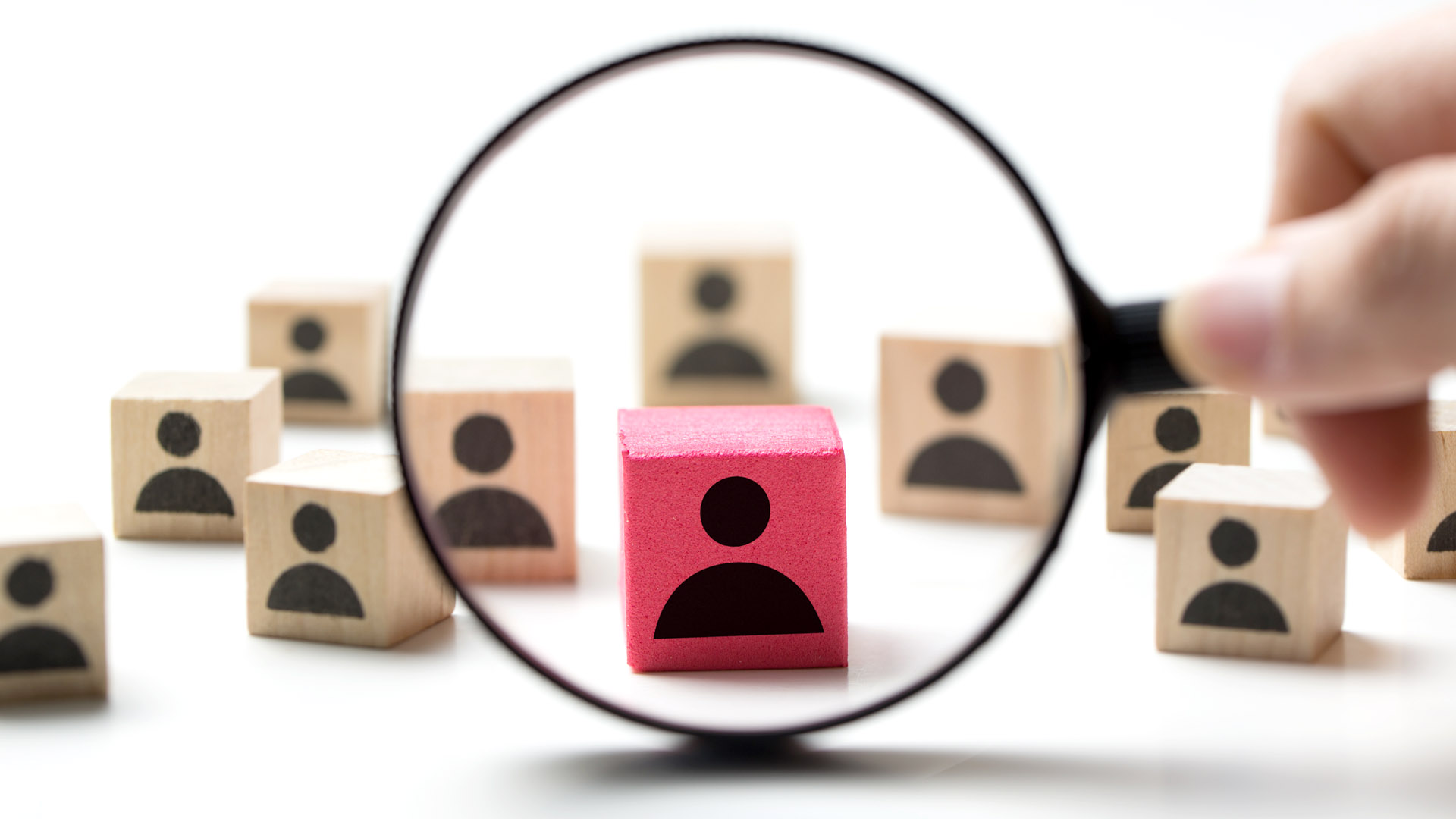Why ASL Interpreters Are Hard to Find?
ASL - Interpretation - Sign Language - The more you know - Food for thought

Ensuring Deaf and Hard of Hearing and Deafblind individuals have access to qualified and effective American Sign Language (ASL) interpreters is a language access right in America. Whether supporting coworkers, students, patients, or peers we want to make sure they have ready access to a great ASL interpreter.
With continued pandemic and emergency response coverage came new strains on an already very limited pool of qualified interpreters. In this piece we’ll explore why ASL interpreters are hard to find.

Scarcity
Sign Language interpreting is a niche field! The Registry of Interpreters for the Deaf lists some 10,000 [RT1] in the US only and only 65 certified members on the Canadian Association of Sign Language Interpreters website (with 882 certified and uncertified combined).
Now think about the needs of rural areas and busier metropolitan parts of the country. This already limited pool of individuals has to cover a lot of ground. That ground includes splitting time between different agencies, locales, news events and healthcare and education settings.
So, it really becomes a numbers game when you think about it.

Cultural Competency
Signed Language interpretation goes beyond mere language conversion. To be done with care, it can require that the assigned interpreter be an appropriate, culturally competent fit for the individual receiving Signed Language support.
So going beyond knowing Sign Language, it’s important that one be a part of the community they’re serving or have an authentic connection and investment in it. It’s this piece that makes all the difference in an interpretation assignment.
When a Deaf or Hard of Hearing individual is paired with an interpreter, the hope is that they feel trust and a sense of ease in their communication – this can better facilitated with shared identity markers. When handling particular advocacy events, Civil and human rights conferences and conversations, you want to be sure that speakers and attendees feel both safety and connection with the interpreters.
You can see how adding in a culturally competent approach can further limit your ASL interpreter search.

Certified Deaf Interpreters
Including and consulting with Certified Deaf Interpreters (CDIs) is a must in assignments that require an extra level of care and accuracy in communication. Think legal, high risk medical settings, or critical press conference events where there can’t be a risk of an incorrect phrase or word. There are only 199 nationally certified Deaf interpreters in the entire US. This is a critical shortage of resources.
These interpreters work in tandem with a hearing Sign Language interpreter to act as a liaison between the Deaf or Hard of Hearing or DeafBlind individual, the Hearing interpreter and the hearing person. When a CDI is on assignment, you guarantee a higher level of communication accuracy.
So, what do CDI’s have to do with scarcity and difficulty in finding the right ASL interpreter? Well, that’s exactly the problem! Many times, companies or individuals requesting Signed Language support don’t understand why a CDI ought to be included on an assignment or how they ensure a better experience for consumers of interpreting services.
If you can’t find the right ASL interpreter you might be able to find the right combination of CDI and Hearing ASL interpreter.
Certificates and Education

The last big hurdle in the ASL interpreter hunt comes in the form of certificate and education requirements.
There are a few major certificates that many qualified interpreters across the nation have. Various states have their own certifications administered by their respective state (BEI is a major example of one) and there is one national certification administered by the RID and Center for the Assessment of Sign Language Interpretation.
In order to qualify to take the national certification, a candidate must have a Bachelor’s degree or equivalent in any field of study. This hinders those who have the linguistic and technical skills, but do not satisfy the educational requirements to obtain professional interpreter certification.
Those who meet this education requirement can then take the certification exam to ensure their interpreting skill meets a minimum performance standard.
Now You Know More
We hope you have a better sense of just why ASL interpreters are hard to find. From thin resources, increased pandemic response needs, and other factors like cultural competency and certifications, you hopefully have a better sense of where this scarcity stems from.
There are so many talented and professional ASL interpreters out their…they’re just probably booked! We’ll help you find just the right interpreter for your language access needs.



